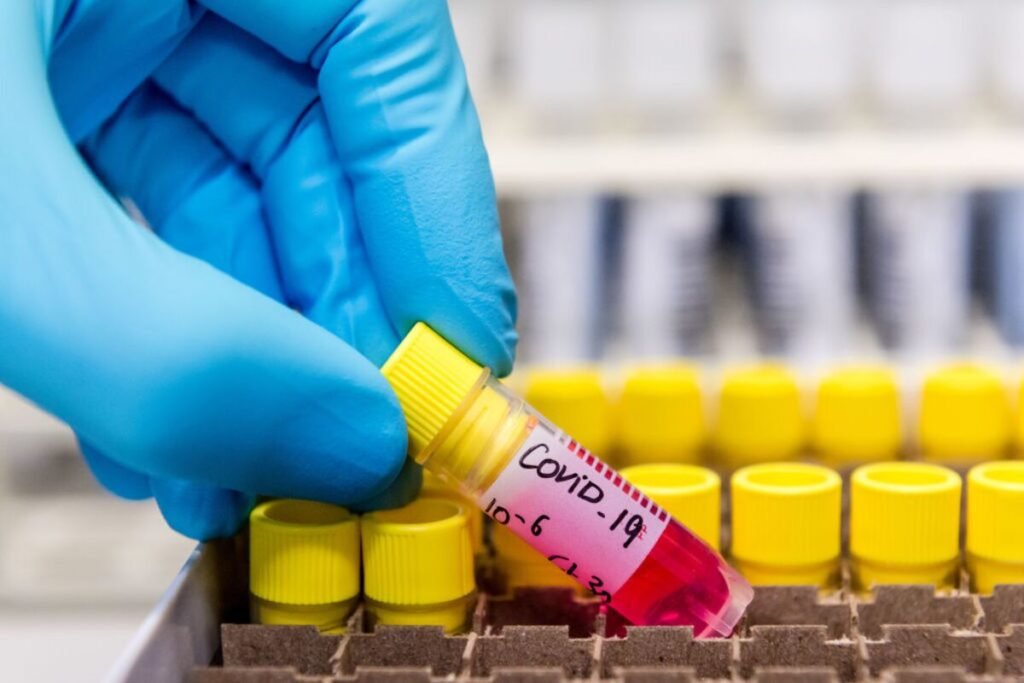The Search for a Covid 19 Cure
The global pandemic caused by Covid 19 has significantly impacted every aspect of daily life. From health to travel, nearly every industry has felt its effects. With ongoing research and scientific advancements, the question of the Covid 19 cure remains at the forefront of medical discussions. While the world has made great strides in understanding and mitigating the virus’s impact, finding an official Covid 19 cure is still a work in progress. In this post, we’ll explore the treatment options available and how advancements in science are shaping the future of a potential cure.
Understanding Covid 19: Symptoms and Risks
Before diving into the potential treatments and Covid 19 cure, it’s essential to understand the virus itself. Covid 19 is caused by the SARS-CoV-2 virus, which primarily spreads through respiratory droplets. It can cause a wide range of symptoms, from mild cold-like symptoms to severe respiratory distress. Common symptoms include fever, cough, shortness of breath, fatigue, and loss of taste or smell. While many recover with minimal intervention, others may develop severe complications, particularly those with underlying conditions such as diabetes, heart disease, or respiratory disorders.
Given its varied effects on individuals, research into a Covid 19 cure has been complicated, with treatment protocols differing based on the severity of symptoms and individual risk factors.
Current Treatments: Not a Cure, but Effective Relief
While there is no definitive Covid 19 cure yet, numerous treatments have been developed to manage the virus and reduce symptoms. Some of the most commonly used treatments include:
1. Antiviral Medications
Medications like remdesivir have been authorized for emergency use in treating Covid 19. These antiviral drugs aim to prevent the virus from replicating, thus reducing the severity of illness. While not a complete cure, antiviral treatment can help speed up recovery, especially in hospitalized patients.
2. Steroids and Immunomodulators
Steroids like dexamethasone have been shown to reduce inflammation in severe Covid 19 cases. They help in managing the immune response, especially in patients suffering from severe respiratory symptoms. By controlling inflammation, these drugs can prevent complications such as pneumonia and acute respiratory distress syndrome (ARDS).
3. Oxygen Therapy
For patients with severe breathing difficulties, oxygen therapy is often used to improve oxygen levels in the blood. In critical cases, mechanical ventilation may be required to support patients struggling to breathe on their own.
4. Vaccination
Vaccines have proven to be one of the most effective measures in preventing severe Covid 19 illness. While vaccines do not directly cure the virus, they significantly reduce the risk of severe infection and hospitalization. Vaccination campaigns worldwide have played a crucial role in curbing the spread of Covid 19 and preventing death.
Research and Development: Hope for a Covid 19 Cure
Ongoing research into the Covid 19 cure has shown promising results in various areas. Scientists continue to explore different avenues for curing the virus, including the development of antiviral drugs, monoclonal antibodies, and other therapies. Additionally, breakthroughs in mRNA vaccine technology have opened new possibilities for treating viral infections in general, including Covid 19.
While a full Covid 19 cure remains elusive, these advancements offer hope for the future. Clinical trials for new medications and therapies are being conducted worldwide, with the goal of providing better, more effective treatment options for those infected.
How You Can Help Prevent the Spread
While a complete Covid 19 cure is still in progress, there are several proactive steps individuals can take to prevent the spread of the virus and protect themselves and others. These include:
- Wearing masks in public spaces, especially indoors and in crowded areas.
- Frequent handwashing with soap and water for at least 20 seconds or using hand sanitizer.
- Social distancing by maintaining at least 6 feet of space between yourself and others.
- Getting vaccinated as soon as you are eligible to reduce your risk of severe illness.
By taking these preventive measures, you can help reduce the transmission of Covid 19 and protect both yourself and those around you.
Conclusion: The Path Forward in the Fight Against Covid 19
The search for a Covid 19 cure is ongoing, but significant progress has been made in terms of treatments and prevention. While a cure has not yet been found, antiviral medications, steroids, and vaccines have provided effective ways to manage the virus. Researchers continue to work tirelessly toward finding a definitive cure, and the availability of new treatments is encouraging.
For now, it’s important to stay informed and adhere to safety measures to protect yourself and others. For more information on Covid 19 treatments and health updates, visit Keywest International.

